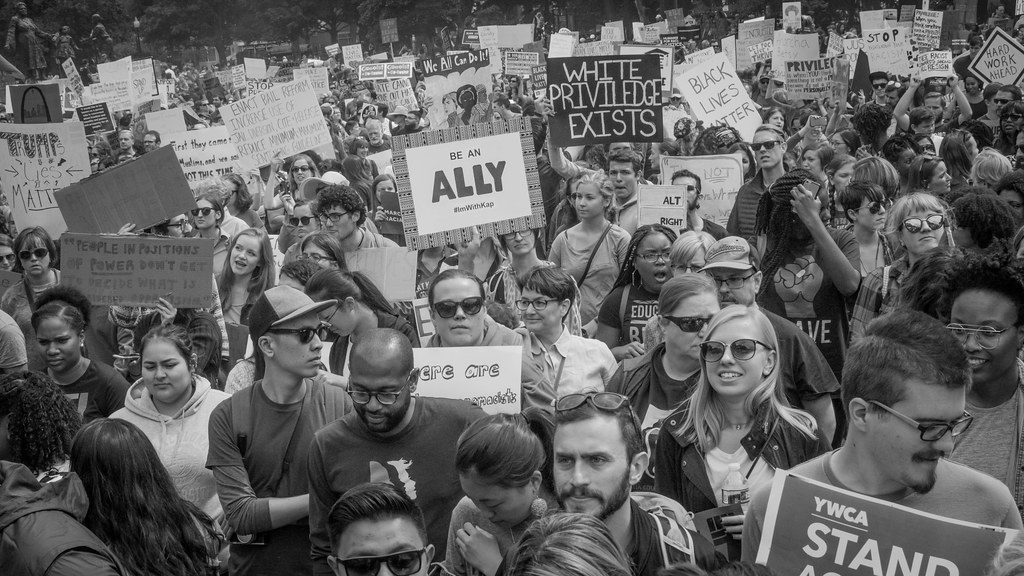Lessons to Learn on your Journey Towards Allyship

Allyship does not happen overnight.
In fact, allyship is an ongoing process – a journey that I am still navigating. Yes, the journey can sometimes be uncomfortable but an important fundamental of allyship to remember is that although you may be feeling this way, as an ally, this conversation is not about you.
Allyship can take on many forms. Everyone has their own meaning for the term ‘ally’. For example, your friends may be known as your ‘allies’. You choose to support your friends, you check in on your friends, and if someone has treated your friends incorrectly, you would hopefully step in and speak up. The same can be done as an ally against racism, or homophobia. Here, I shall specifically focus on allyship for the Black Lives Matter movement, but allyship towards all is just as important.
The First Step
I accept that I have a white privilege. Accepting privilege can feel unpleasant, but all white people must acknowledge that this privilege does exist and cannot be ignored. Using this knowledge, an ally must take their privilege and use it to amplify the voices that are less heard before their own.
Another important point of being an ally is recognising that you may not know how it feels to be oppressed but it is crucial to understand that there are many people out there who are marginalised every single day. The start of becoming an ally is making an effort to better understand the struggle and to educate yourself on the oppression faced.
Education
This will be an ongoing process of learning and unlearning. You need to unlearn the so-called ‘truths’ that previous generations believed in and actively go against what may, to you, be considered as the ‘norm’. During this, you must also accept that you will make mistakes and learn to take on criticism. This critique will help your learning process and will be a valuable lesson for the future.
It is important that you self-educate. Do your own research and do not take credit for work that has been made before you, or made by those who are marginalised. If using work and guides made by the Black community, then remember you owe them for their invested time. It should not be their responsibility for your education. Make sure to contribute whenever a Paypal or funding page is made available.
Reading
A small personal way that I choose to show allyship is by reading authors who are primarily Black and female. Whilst this is only a small change in lifestyle, it can help you to start widening your horizons and surrounding yourself with culture outside of your immediate circle. Become aware of experiences that you have not lived. Further, supporting Black creators can help to amplify their voices. The same can be said with film directors, or music artists too.
Speaking out
Being an ally is mostly about listening. But, it is also important to speak out when the time is right. Speak out at home or with your friends if something said doesn’t sit quite right with you. If you witness discrimination, speak up! You could be in a position to protect someone who does not have that privilege.
Showing support on social media can be an influential way of being an ally too. It is so easy to sign petitions, write to local charity groups and MPs for change, and share posts that are in support of BLM and other Black creators. However, it is important to remember that being an ally cannot just be for show.
The viral trend ‘Blackout Tuesday’ that took place on Instagram to protest racism and police brutality shortly after the death of George Floyd gave an example of what some called performative allyship, with thousands of users posting a black square on their Instagram feed. Whilst the intention was seemingly pure, the action was seen as ‘empty’ and instead of promoting Black voices, feeds were instead full of empty space. Rather than staying silent in this case, to be a good ally, you need to be actively engaged.
The journey does not end here
This is just the tip of the iceberg of some of the lessons that I have gathered on my journey of trying to become a better ally. Please make sure to use other resources and never stop listening to podcasts, reading, and researching to continue to educate yourself!
